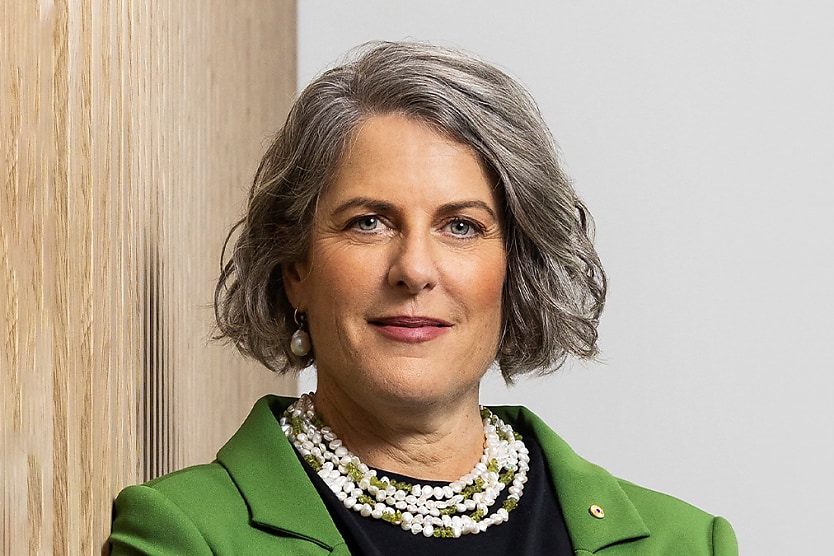
New research from Engineers Australia has found the keys to unlocking the successful transition of energy jobs and skills from thermal industries to renewables.
Emerging research has highlighted that some professionals and communities are already managing a transformation to renewables, displaying the fact that a pathway towards a net zero workforce in the energy sector may be achievable after all.
Engineers Australia chief executive Romilly Madew said these early insights are cause for optimism.
“We know that skilled engineers are already taking their extensive experience and translating it into roles in clean energy fields such as renewables. The legacy of the coal, oil and gas sector is that professionals who have worked across those sectors are now contributing to net zero industries,” Madew said.
“This might be by moving into new roles in the clean energy sector or applying their skills to boosting sustainable practices in their current industry.”
The employment aspect of the research also suggested that skill transferability to the clean energy sector is feasible. Employers stated that they often prioritise mindset and capabilities over specific disciplinary experience, thus reinforcing the support for transferable skills.
Therefore, engineers who may be transitioning from thermal to renewable energy roles can leverage existing skills to their advantage.
However, employers elaborated that they may need to expand their capabilities when it comes to stakeholder management, community engagement, and negotiation.
“While many are managing the transition, employers are providing fresh insights into what else is needed to ensure no one is left behind and that thriving communities can continue to be a hub for jobs and families into the future,” Madew said.
The research touched on the geographic considerations when it comes to integrating clean energy. By building the clean energy industry in communities with existing thermal energy workforces, it can prevent dislocation and, at the same time, encourage retention. Engineers are far more likely to stay in the profession if they can work locally; being precise with the locational integration is key.
Training pathways were also mentioned as a possible pillar going forward, which could really boost the transition to clean energy. By embedding sustainability into all university and vocational engineering courses, it can prepare the next generation for clean energy roles from the beginning of their careers. At the moment, they are primarily listed and offered as separate degrees.
The government can also play a pivotal role by implementing support to drive innovation, align initiatives across multiple governmental levels, and introduce systemic changes that encourage the transferability of skills and the expansion of the workforce.
Madew said political and industry leaders have a huge opportunity to develop and promote policies that can help ensure skills are being transferred where investment is already occurring.
“Let’s further improve recruitment, retention and re-engagement. Investing in people and showing them the opportunities to deploy their existing skills is key to keeping existing communities thriving,” Madew said.
“Better training pathways and micro-credentialing will also go a long way towards supporting these career transitions.”
RELATED TERMS
The term "workforce" or "labour force" refers to the group of people who are either employed or unemployed.
Kace O'Neill
Kace O'Neill is a Graduate Journalist for HR Leader. Kace studied Media Communications and Maori studies at the University of Otago, he has a passion for sports and storytelling.










